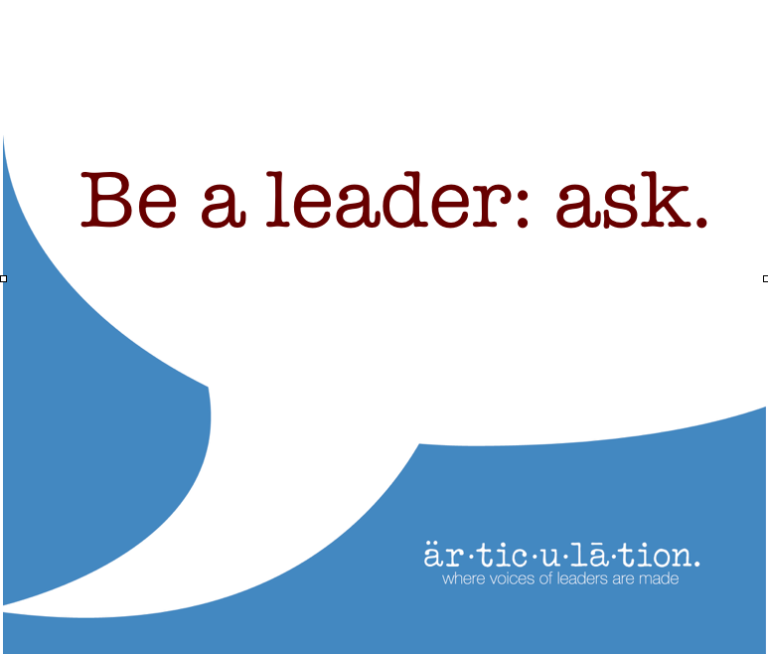
This blog is in our series of coaching reflections, where we pick an experience while working with a client in public speaking, keynote talks, TED-Like talks, presentation skills, executive communication, storytelling, content framing and/or executive presence.
Background: Head of a division of a global company has been invited to give a talk at a a leadership event with their top 100 leaders. (Insert any company name here – these events happen weekly!) We were charged with supporting him in preparing the talk.
Situation: We were in the process of debating content and then the outline. At the middle a coaching call I said, “This would be a good place for your call to action .”
The client responded without hesitation.
“Nope, I’m not going to invite them to do anything. That’s not this kind of talk.”
I react: “hmmmm.”
I then thought hard about it: no call to action? Leaders are not information waiters. They are LEADERS. They lead people to action. Period.
About ten minutes later, the baton was passed back to me for any closing thoughts.
I said, “I want you to revisit your call to action. What could something even simple be- that you’d ask them to do? Believe, learn, be aware, change a mindset, or even DO something.”
He quietly agreed to think about it.
When we met with him a week later, we proposed some unexpected calls to action that were fun and highly engaging. He could see himself in the audience delivering them and the “shape” of the action gave him some confidence.
Check back in a month or so to see what really stuck in the talk. There is debate about the ask – but no longer debate that an ask should be made.
Reflection: His gut reaction concerned me. The purpose of communication is to move an audience to do something. To help a cause. To advance knowledge. To change a belief. To be entertained. To improve behavior. To be persuaded.
Audiences are humans, not objects. They have emotions that want to be inspired. Leaders need people to take action on their visions. But you have to ask.
The ask: I invite you to think about your ask / question / invitation first when you begin your communication planning.
Or: “What do you want the audience to do with this information when you are done delivering it? And when you are done, ask them to take that action.”
See, just like I did there. Now, go ask.

